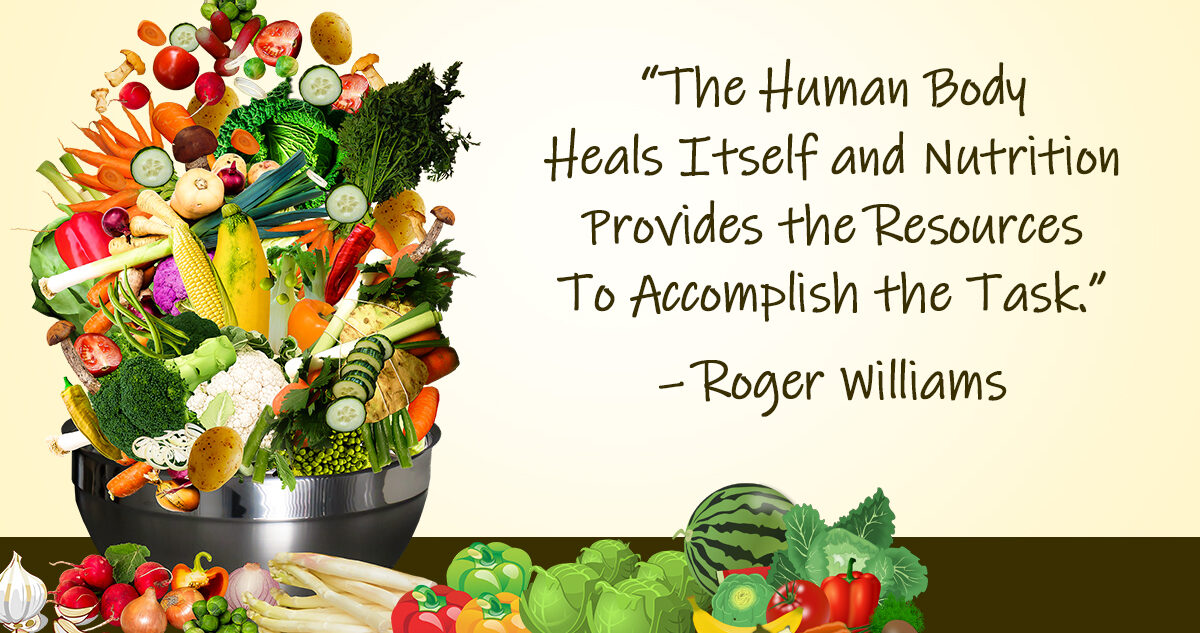Empowering Women’s Health During National Nutrition Month 2024
As National Nutrition Month 2024, or Poshan Maah, unfolds this September, the focus on women’s health has never been more important. Under the theme “Nutritious Diets for Everyone,” this campaign promotes the idea that a well-balanced diet is essential for everyone’s well-being, particularly for women. Women’s health is often overlooked, especially in underserved communities, and this month-long initiative is a reminder of the need to prioritize their nutrition for a healthier future.
Unique Nutritional Challenges for Women
Women face unique nutritional challenges throughout their lives. Biological factors such as hormonal changes, pregnancy, menstruation, and menopause make women more susceptible to certain health conditions like anemia, osteoporosis, and reproductive complications. Additionally, women are often primary caregivers in their families, and their health directly impacts the well-being of their children and household.
Anemia: One of the most common health issues among women is iron deficiency anemia. This condition, caused by low iron levels, leads to fatigue, dizziness, and weakened immunity. Women, especially those of childbearing age, need to ensure they consume iron-rich foods like beans, leafy greens, and meat to prevent anemia.
Osteoporosis: As women age, their risk of developing osteoporosis increases, especially after menopause due to the decrease in estrogen levels. To counter this, women should focus on calcium-rich foods like dairy products, tofu, and almonds, along with adequate vitamin D.
Reproductive Health: Women need specific nutrients during different stages of their reproductive lives, from adolescence to pregnancy to menopause. During pregnancy, for example, women need higher levels of folic acid, iron, and calcium to support the development of the baby and maintain their own health.
Practical Ways to Improve Women’s Nutrition
As part of National Nutrition Month 2024, women are encouraged to make small, practical changes in their daily lives that can significantly improve their nutrition and health. Here are some simple tips:
Focus on Whole Foods: Women should prioritize whole, unprocessed foods, which are rich in vitamins, minerals, and fiber. Fruits, vegetables, whole grains, and lean proteins should form the foundation of a healthy diet.
Include Healthy Fats: Fats are essential for hormone regulation, brain health, and energy. Incorporate sources of healthy fats, such as nuts, seeds, avocados, and olive oil, into your diet.
Supplement When Needed: In some cases, women may need to take supplements to meet their nutritional needs. For example, pregnant women might require prenatal vitamins with folic acid, while older women may need calcium and vitamin D supplements to protect against bone loss.
How National Nutrition Month Helps
Government initiatives like National Nutrition Month bring attention to these critical issues, encouraging women to take charge of their health. Poshan Maah highlights several key programs designed to improve women’s nutrition, including the following:
Poshan Abhiyaan: This flagship program of the Indian government aims to combat malnutrition in women and children through awareness campaigns and nutrition counseling.
Mid-Day Meal Scheme: While primarily targeting children, the Mid-Day Meal Scheme indirectly benefits women by reducing the burden of feeding their children, allowing them to focus on improving their own health.
Conclusion
National Nutrition Month 2024 shines a spotlight on women’s nutrition, urging them to prioritize their health by adopting balanced diets and seeking support through community programs. By focusing on the theme “Nutritious Diets for Everyone,” the campaign reinforces the importance of making nutritious choices, not only for personal health but for the well-being of families and communities.


Leave a Reply
You must be logged in to post a comment.